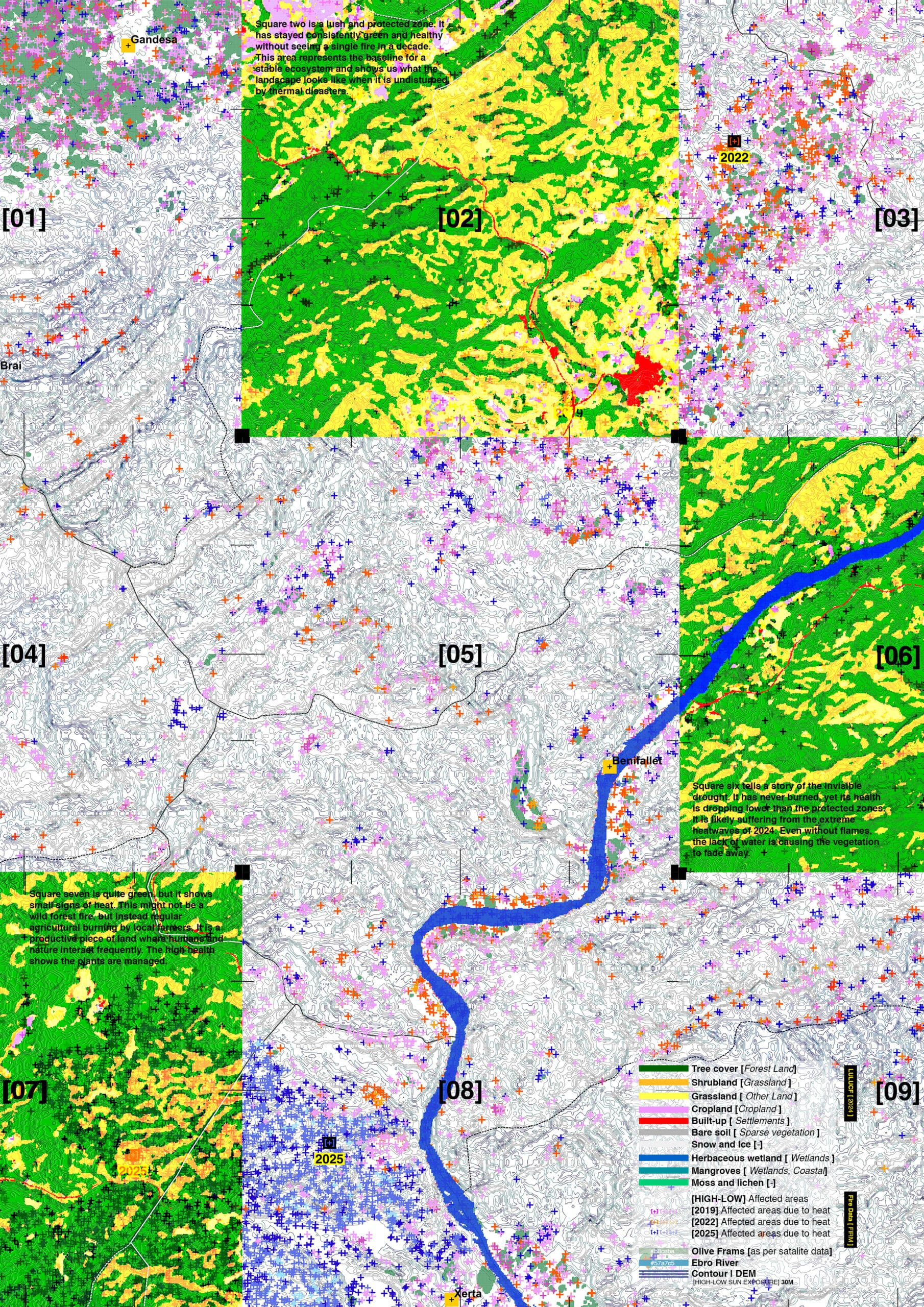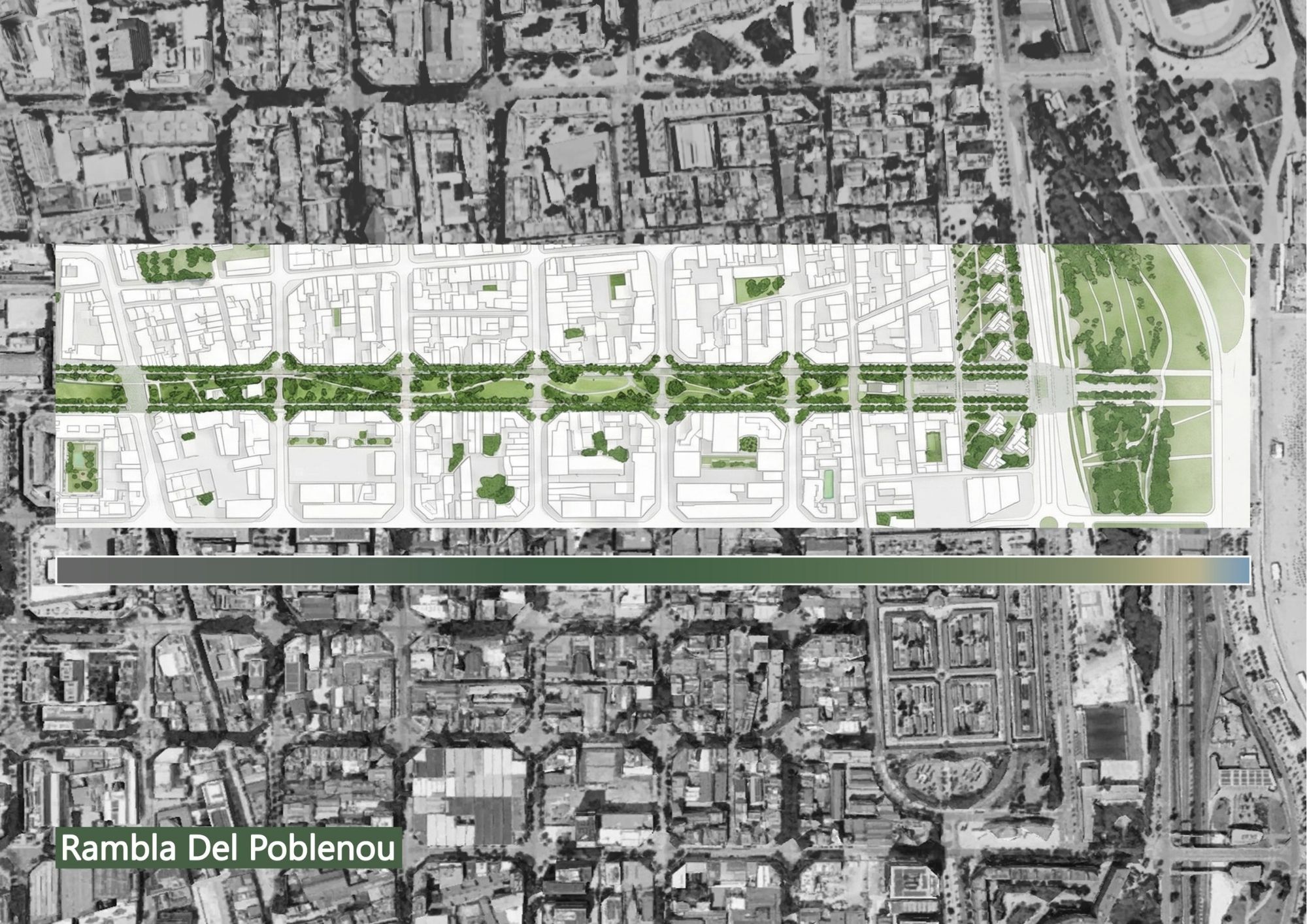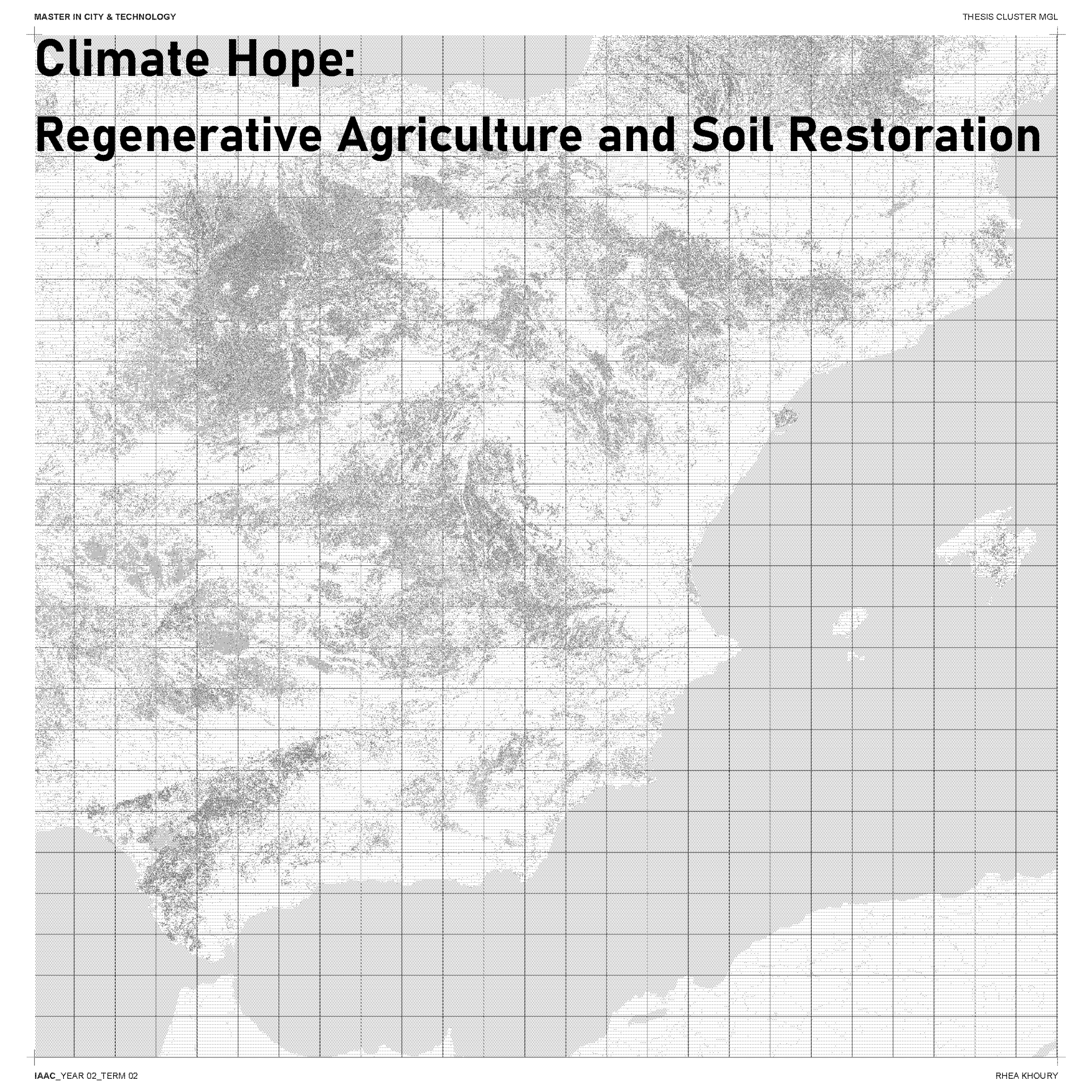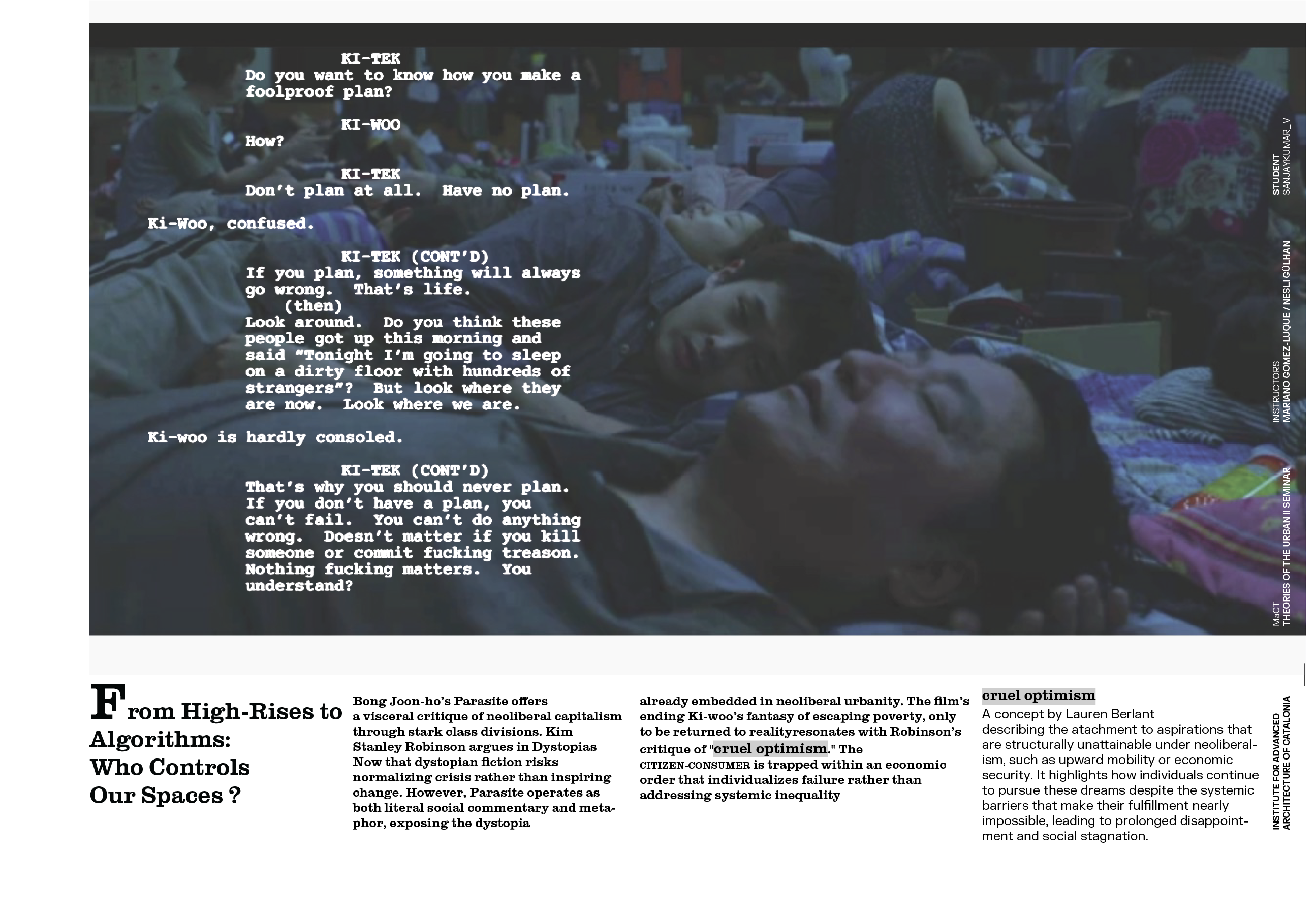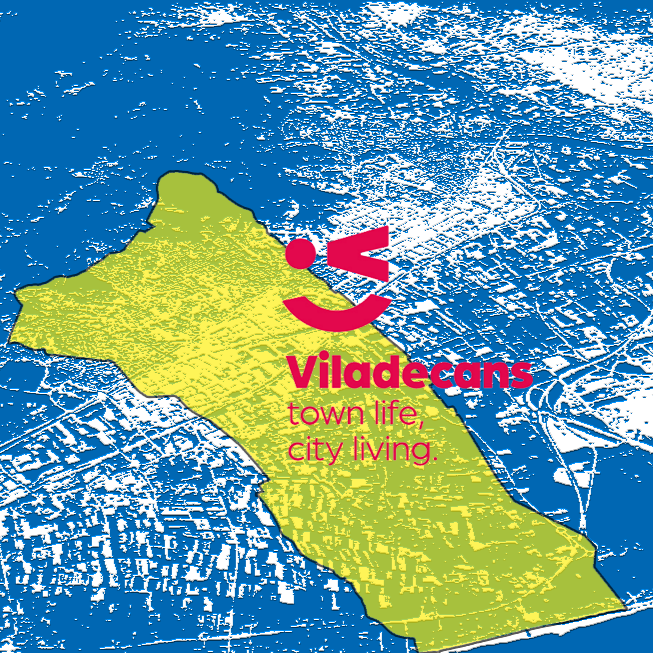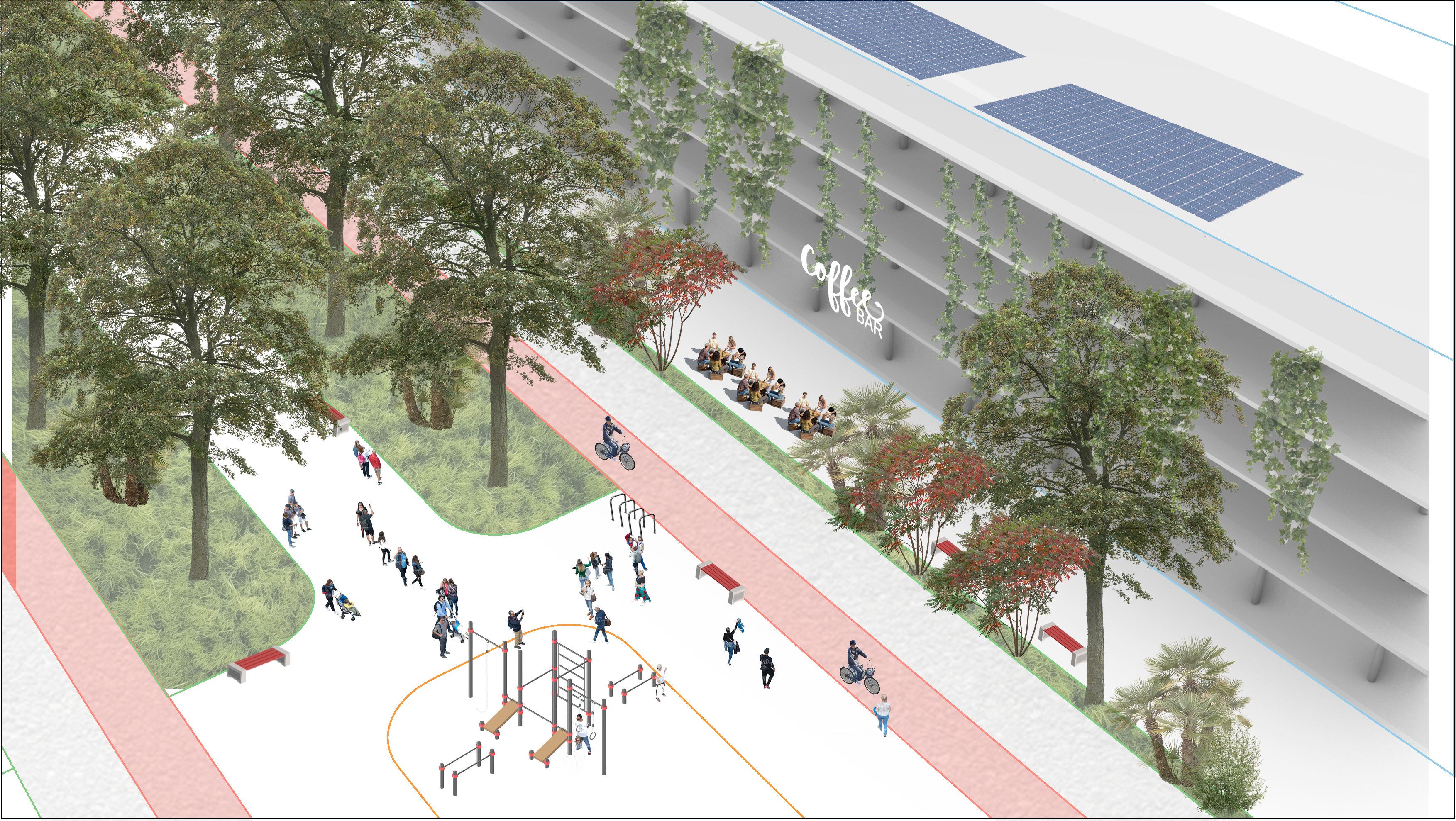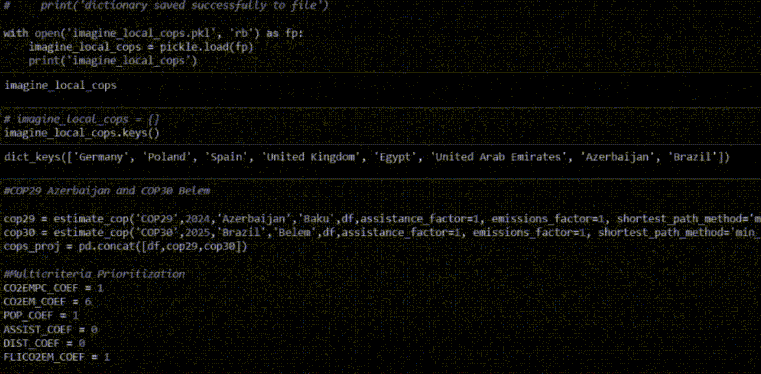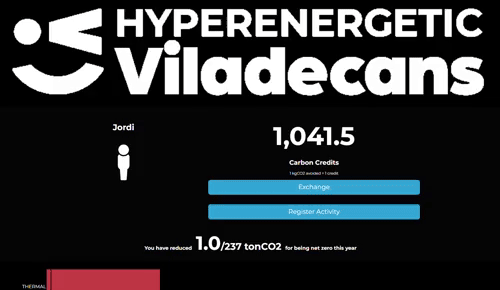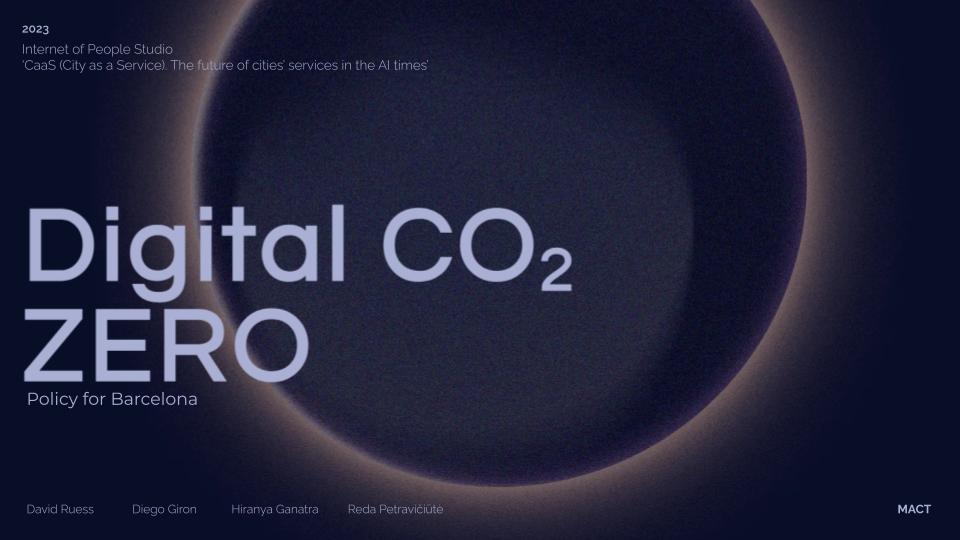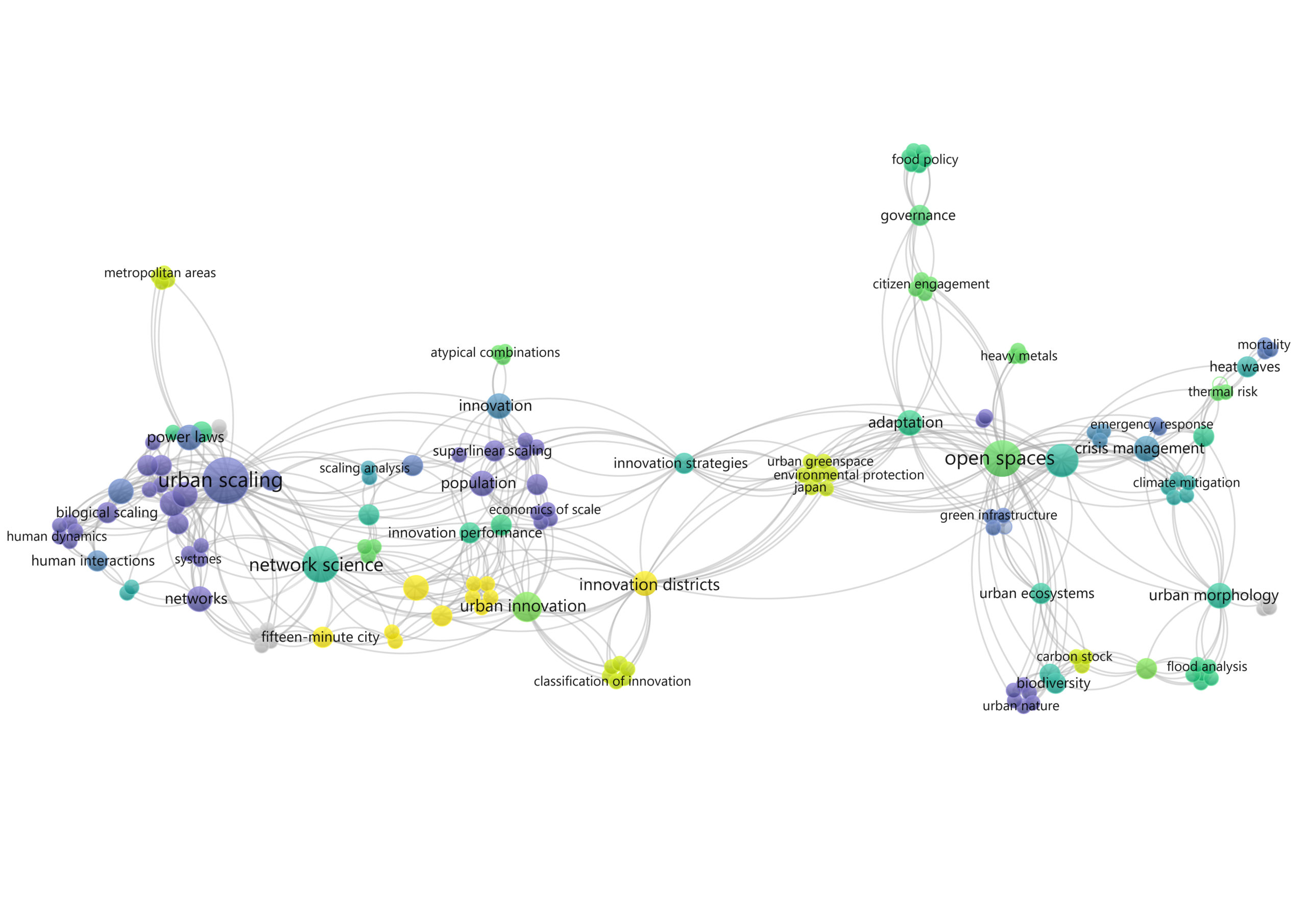IAAC’s Master in City & Technology (1 or 2-year program) is a unique program oriented towards redefining the analysis, planning, and design of twenty-first-century cities and beyond. The program offers expertise in the design of digitally enhanced, ecological and human-centered urban environments by intersecting the disciplines of urbanism and data science. Taking place in Barcelona, the capital of urbanism, the Master in City & Technology is training the professionals that city administrations, governments, industries, and communities need, to transform the urban environment in the era of big data.
Who else lives here?
Urban space is conventionally conceptualized as an anthropocentric construct. However, non-human species continuously appropriate architectural surfaces, infrastructural voids, and vegetated fragments. Birds occupy ledges and canopy layers, insects colonize engineered soils, bats navigate nocturnal corridors along tree lines, and plants root within pavement fissures. These presences are not incidental; they reflect how spatial design either … Read more
Landscape as a Climate Catalyst
Climate Hope, Regenerative Agriculture and Soil Restoration Up to 40% of the world’s land is degraded Poor land management and conventional agricultural practices have degraded soils, reducing their ability to store carbon and absorb water, accelerating climate change and threatening food systems. Soils store 3x more carbon than the atmosphere, but 50-70% of their natural … Read more
Investigating [Soy Farming] – Deforestation, and Political Conflict in the Amazon
“The Amazon rainforest, often called the ‘lungs of the Earth,’ is rapidly disappearing. But this isn’t just an environmental crisis—it’s a geopolitical and economic issue. In the heart of this transformation lies [Mato Grosso], Brazil’s largest soy-producing state. Its key location fuels both economic growth and ecological destruction, leading to tensions over land use, trade … Read more
‘ATTRACT•DEVELOP•KEEP’
Tackling the Internet of People through Fortifying & Diversifying the economy in Viladecans, Spain Introduction Viladecans is a dynamic and thriving municipality with a rich history, diverse economy, and vibrant community life. Its strategic location, economic opportunities, and quality of life make it an attractive place to live, work, and visit in the Barcelona metropolitan … Read more
Places to stay
Viladecans greeted us with an unexpected tranquility. We arrived to the city on the commuter train from Barcelona, opposing the flow of morning commuters. The station was empty. A single street, lined with abandoned plots and industrial sheds led us up the hill into the town. A few hundred metres later the scene couldn’t be … Read more
Rethinking Urban Vocabulary
The seminar involved analyzing texts to extract and interpret a key term, then creatively visualizing this concept through the blending of urban textures and landscapes, crafting surreal cityscapes that reflect the nuanced meanings of these terms. The texts explored the themes of: Urban Resilience Definition: The capacity of urban areas to adapt to crises, focusing … Read more
Theories of the Urban_II
Questioning the rhetoric. The brief In the epoch of the Anthropocene, characterized by humanity’s profound impact on the Earth’s geology and ecosystems, the discourse surrounding resilience to climate change has become increasingly prominent. As societies grapple with the consequences of human-induced environmental transformations, there is a growing recognition of the need to question and analyze … Read more
The Climate Paradox
COP is a climate conference that aims to cut emissions but paradoxically boost carbon footprints due to increased transport and attendance. This situation offers host cities a chance to engage in greenwashing, presenting a façade of environmental responsibility. This underscores the intricate challenges involved in realizing true sustainability during major events, highlighting the need for … Read more
Hyperenergetic Viladecans
By 2100, the global temperature is forecasted to increase from 2 to 4 degrees Celsius due the effects of Greenhouse Gases Emissions and Human Activities. The City of Viladecans has developed a Vision by 2030 which expects the city to become EMISSIONS NEUTRAL, and EMISSIONS NEGATIVE by 2050. For approaching this goal, HYPENERGETIC VILADECANS establishes … Read more
Digital CO2 ZERO
The rising problem of Digital Energy consumption Recent estimates put the contribution of the information and communications Technology, the (ICT) sector – which includes the data centers, devices and networks used for at around 4 % of global Greenhouse gas emissions. A trend that is unlikely to stop, as the amount of data produced and … Read more
A Policy for Digital Carbon Footprint, Barcelona
Every single search query, every streamed song or video and every email sent, billions of times over all around the world – it all adds up to an ever-increasing global demand for electricity, and to rising CO2 emissions too. Our increasing reliance on digital tools has an environmental impact that’s becoming increasingly harder to ignore. … Read more
Localized food systems
The task required to pick up an urban challenge and develop a City Science Problem Framing Proposal in a few days workshop. The topic of localized food systems was chosen PROBLEM FRAMING “In order to feed a population expected to grow to 9 billion people by 2050, the world will have to double its current … Read more
Towards Urban Democratic Adaptation
Adaptation districts towards prioritized urban interventions in cities with limited green spaces. The case study of the metropolitan area of Athens, Greece Athens, during the four last decades, has been extremely urbanized while changing the environment dramatically. By reclassifying open spaces and networks of urban mobility, this model aims to suggest strategies for prioritized urban … Read more

